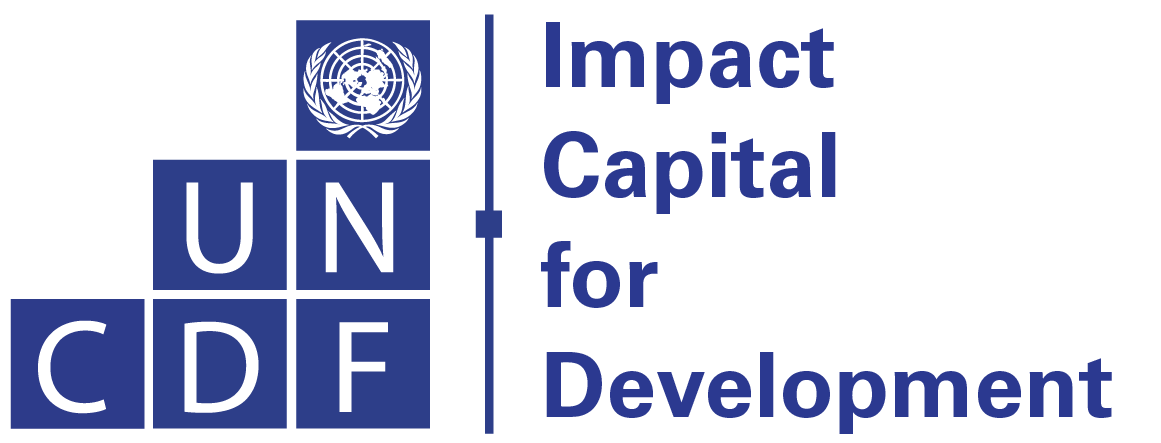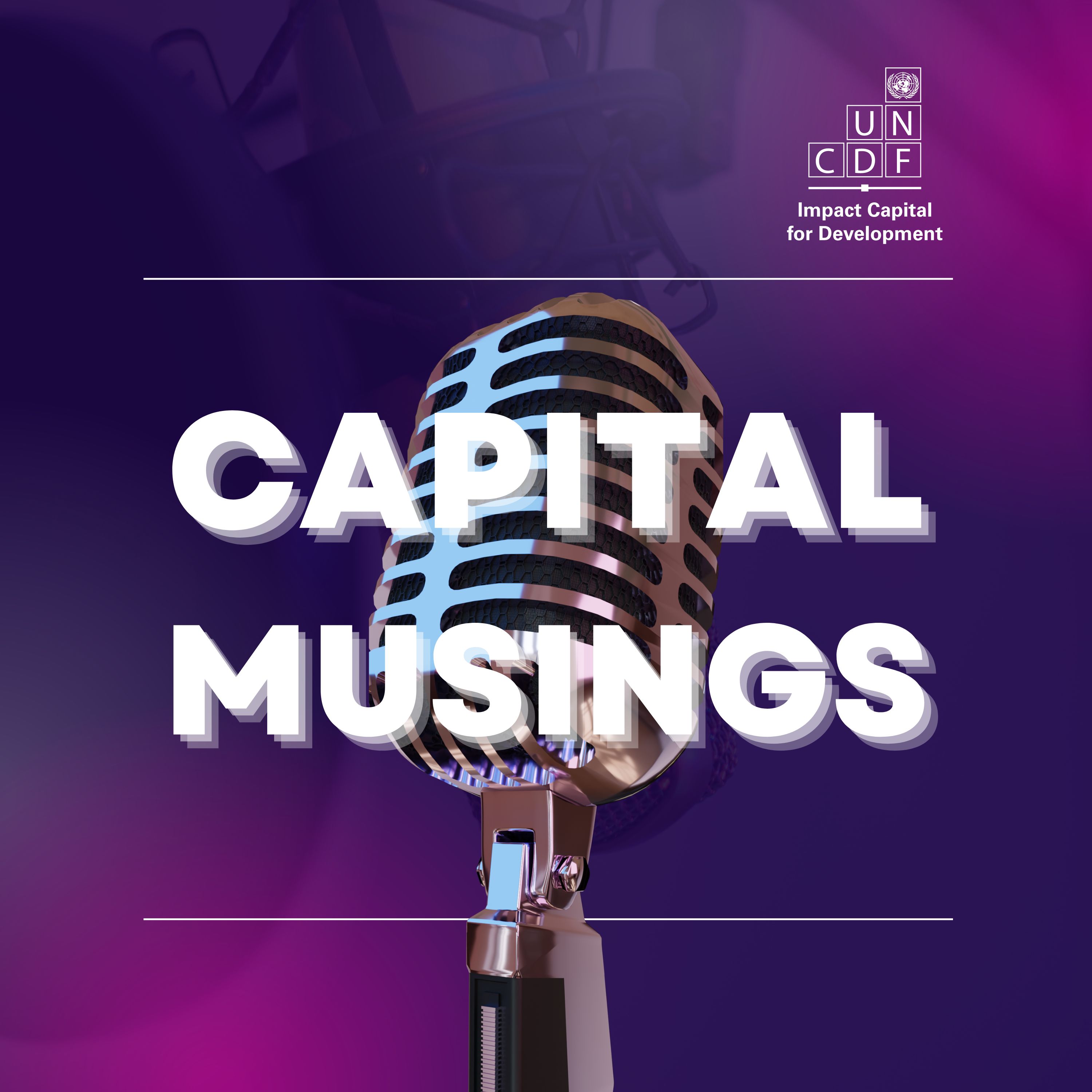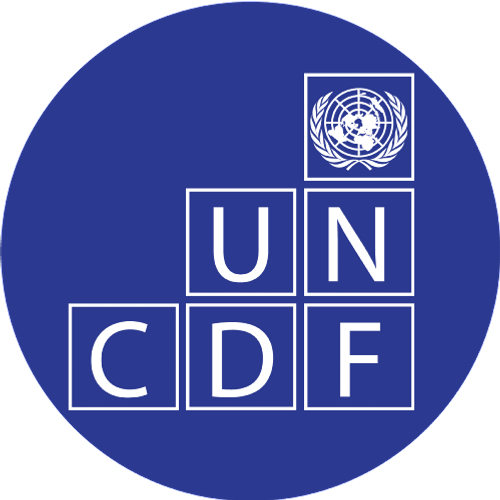Episode 14
#14 How Gender-Lens Investment and Economic Development Can Drive Impact Together
According to the GIIN's 2018, Annual Impact Investor Survey, a majority of respondents reported applying a gender lens to their investments processes—an astounding 70%. And while gender lens investing holds the potential that investment capital can support women-owned and gender-friendly businesses while delivering a return on investment, a separate question persists: can gender lens investing actually support women's economic empowerment in the world's most challenging markets?
UNCDF and Artesian, the global alternative investment management firm, are offering their own answer to this question. Last week, they launched an impact partnership to support gender lens investing, boost female leaders in the corporate workplace, and support women's economic empowerment in the LDCs. Under this partnership, Artesian's gender-lensed investment bond fund (the WE Fund) will donate a third of its management fee to UNCDF and to the nonprofit, SheSyndicate, to support their work in the area of women's economic empowerment, including work in the 47 LDCs.
For Episode 14 of Capital Musings, we talk with Vicky Lay, Managing Director of Artesian. She discusses the demand for gender lens investment opportunities, the economic argument for women's economic empowerment, and the impact partnership with UNCDF.


